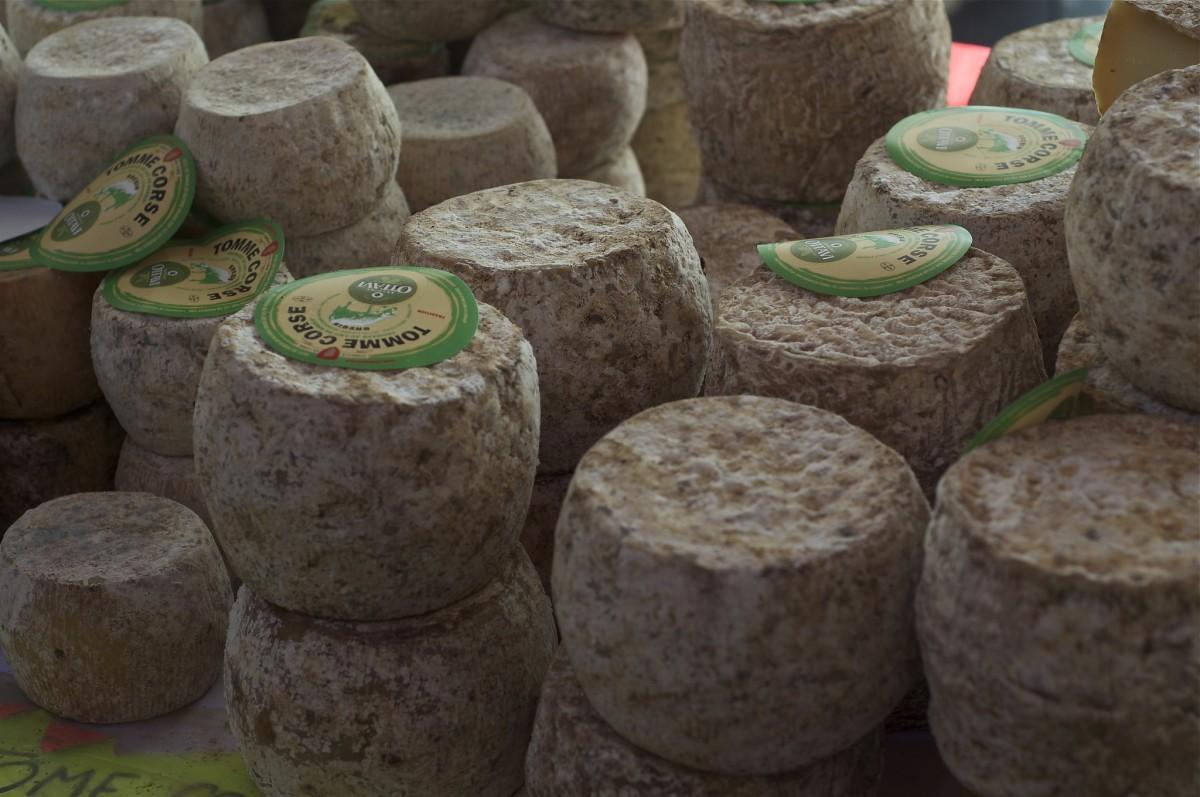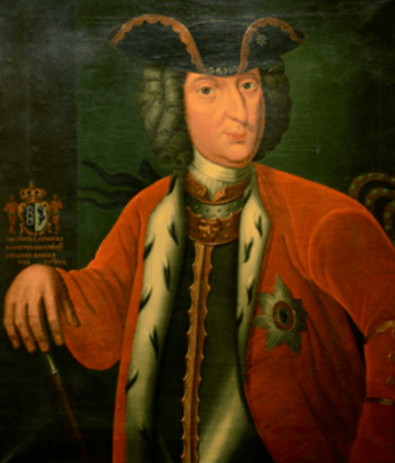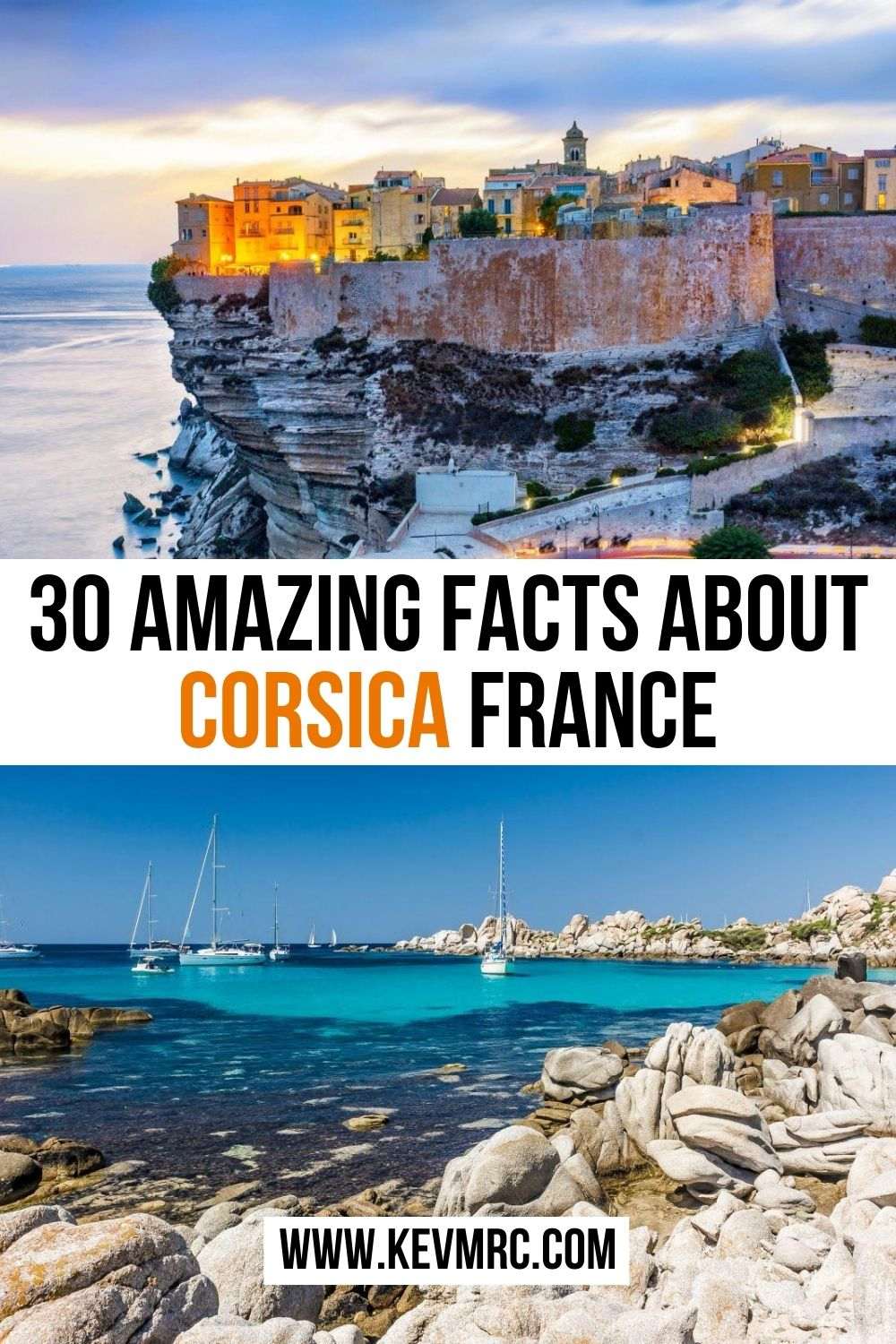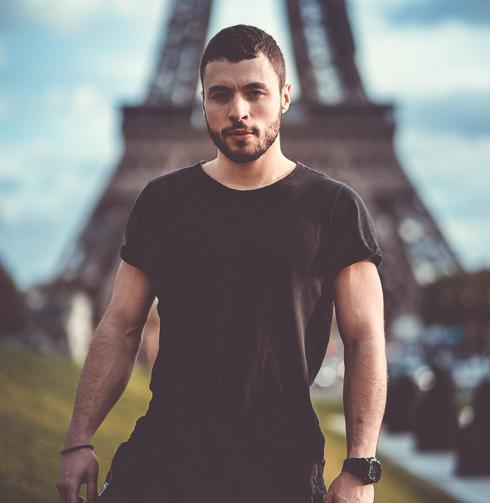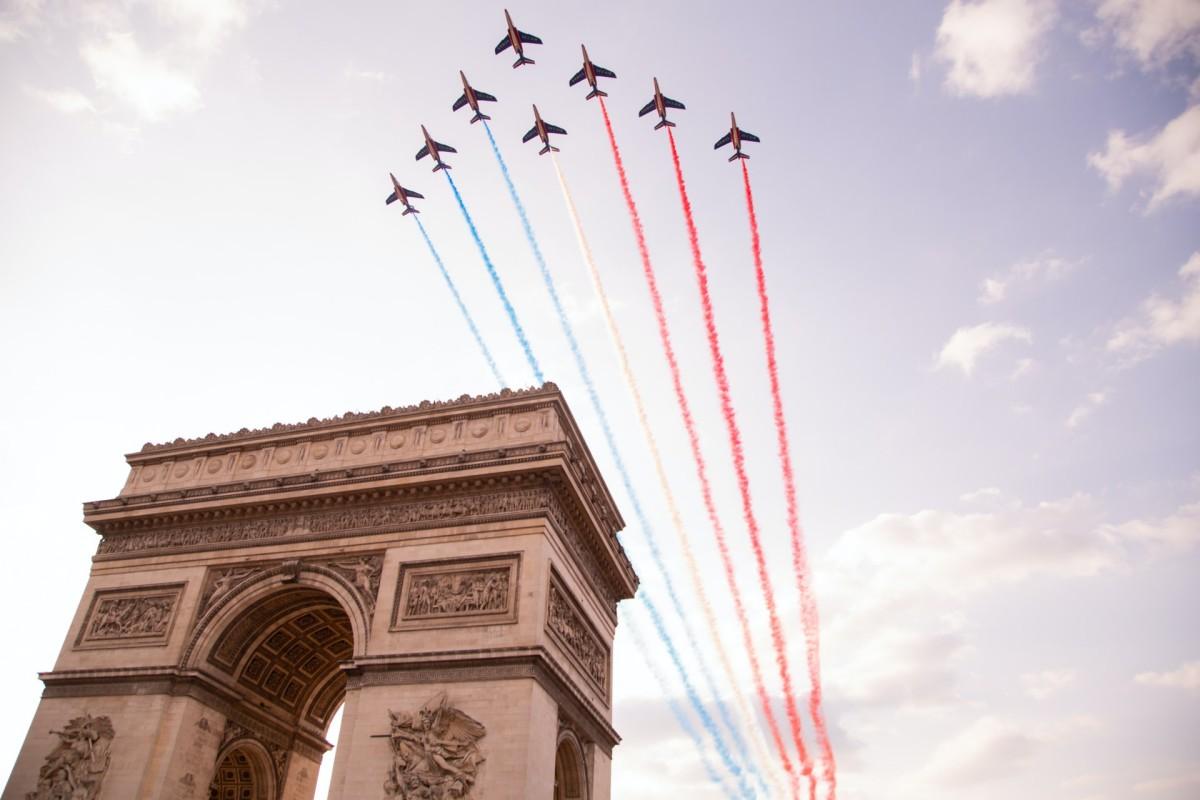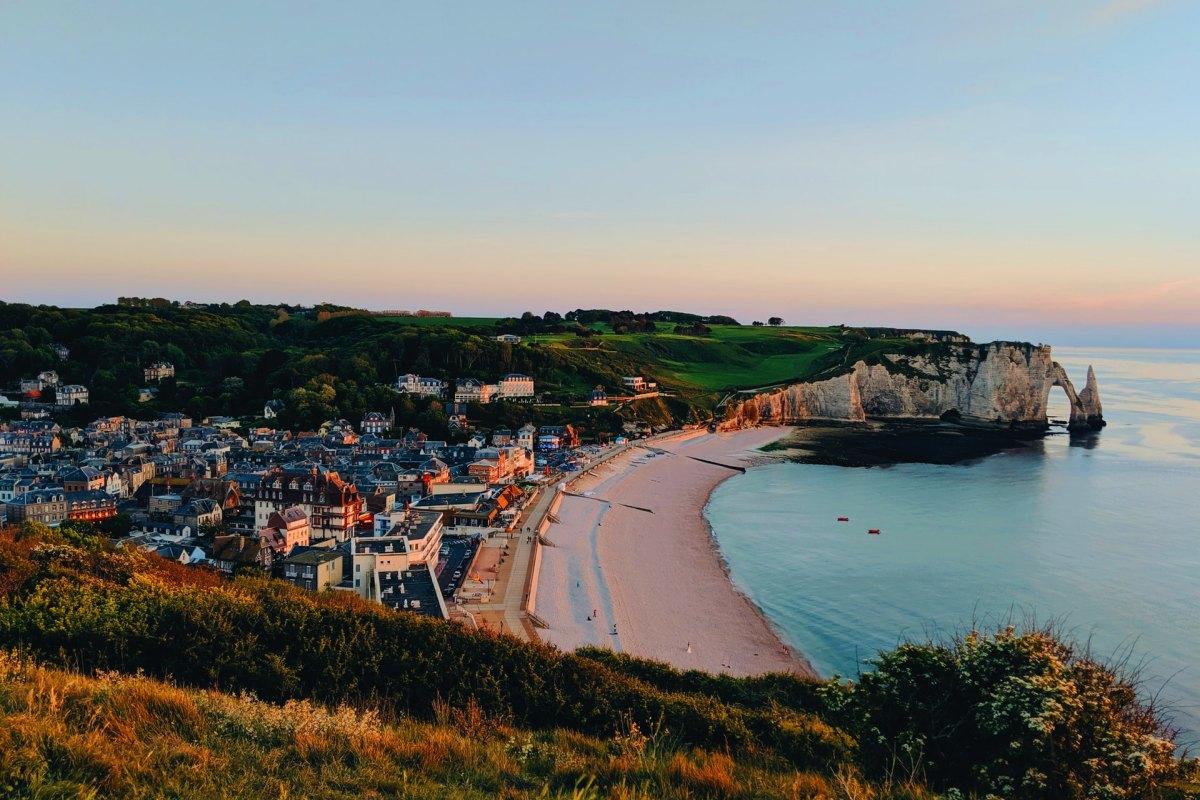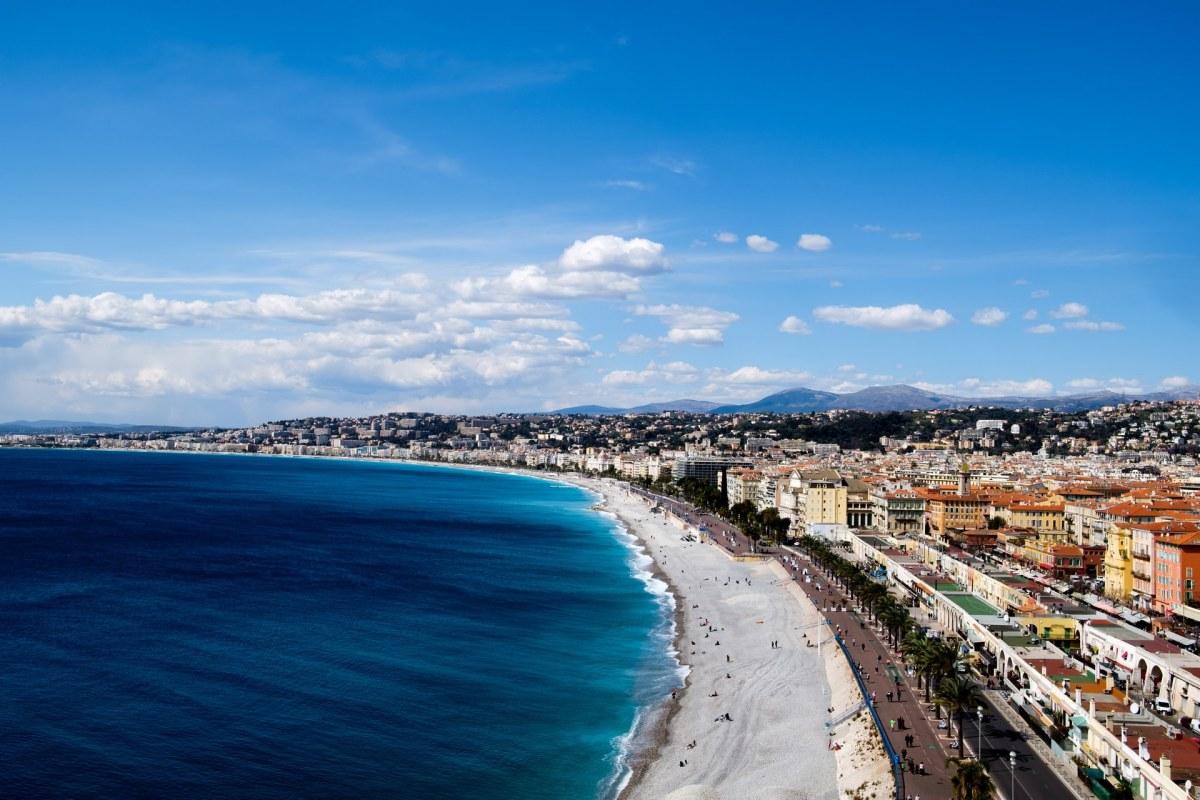30 Interesting Facts About Corsica, France
If for many people Corsica remains the homeland of Napoleon Bonaparte, the famous Emperor of France born in Ajaccio, the French island is a wonderful gem of the Mediterranean sea and a leading tourist destination.
But did you know that the Corsicans speak their own dialect in addition to French? Or that the island has about 1,000 kilometers of coastline?
Let’s discover more about the Isle of Beauty thanks to these 30 interesting facts about Corsica! 🏝
Facts on Corsica to Learn All About It
Ready to learn all about Corsica?
Facts are one of the best ways to learn more about something, and I personally love to read them! I’ve put together for you quite a bit of facts on Corsica; I’ve split them in 3 categories:
- The best Corsica facts
- Fun facts about Corsica
- General facts of Corsica
Let’s dive in straight away with our first category!
The Best Corsica Facts
People love backpacking in France, especially in Corsica as it is one of the most beautiful regions of the country. It is so wild and sunny that it does not feel like you are actually in France!
If you are not convinced, let me tell you why you should visit it, with the first 20 best facts about Corsica. 👇
1. Yes, Corsica is French (and not Italian), but that was not always the case
While lots of people still think to this day that Corsica is part of Italy, because of how close it is (and maybe because of the culture of the island itself), it is actually a French region.
The island was in control of different Italian cities, successively, before finally being sold to France in 1768.
2. Napoleon was born in Corsica
The French Emperor definitely had one of the most important impacts on France, and Europe in general, in history. The empire he built ruled over Europe for years before collapsing in 1815.
He was born in Ajaccio, Corsica, in 1769. His father was Corsica’s representative to the court of Louis XVI.
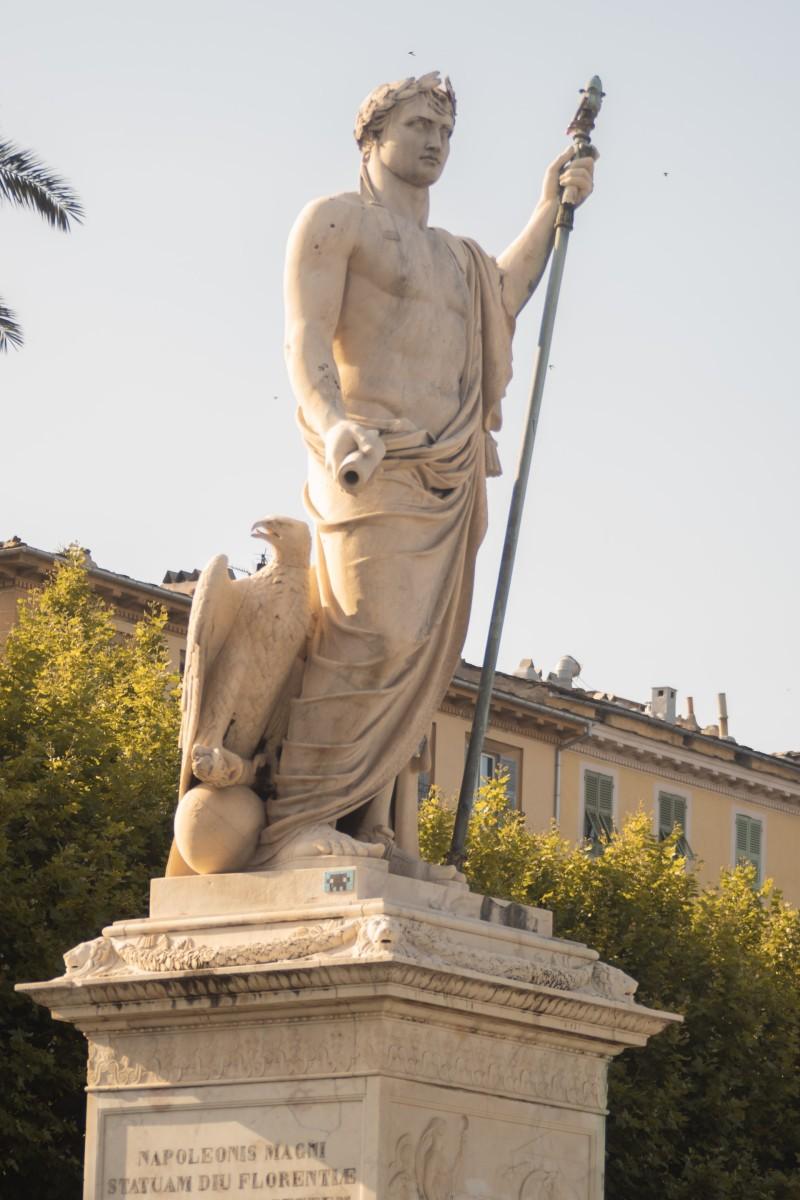
Statue of Napoleon in Bastia
3. There was a disaster in a football stadium in Furiani, Corsica, in 1992
On May 5th, 1992, a catastrophe happened during the semi-final of the “Coupe de France”. The local team, SC Bastia, faced the Olympique de Marseille, by far the best team in France at that time.
The Corsican executives decided to add 50% more seats because of the popularity of Marseille… and that resulted in a major instability of the stand. Before the game, it collapsed, killing 18 and injuring more than 2,300 people.
4. François Coty, founder of the perfume empire, was born in Corsica
The Coty perfume empire is now worth $9 billion. It was founded by François Coty, who moved to Paris to learn about perfumery.
He was born in Ajaccio in 1874, and was a descendant of one of Napoleon’s aunts! Some of his scents were inspired by the “maquis”, the plant that covers most of the island.
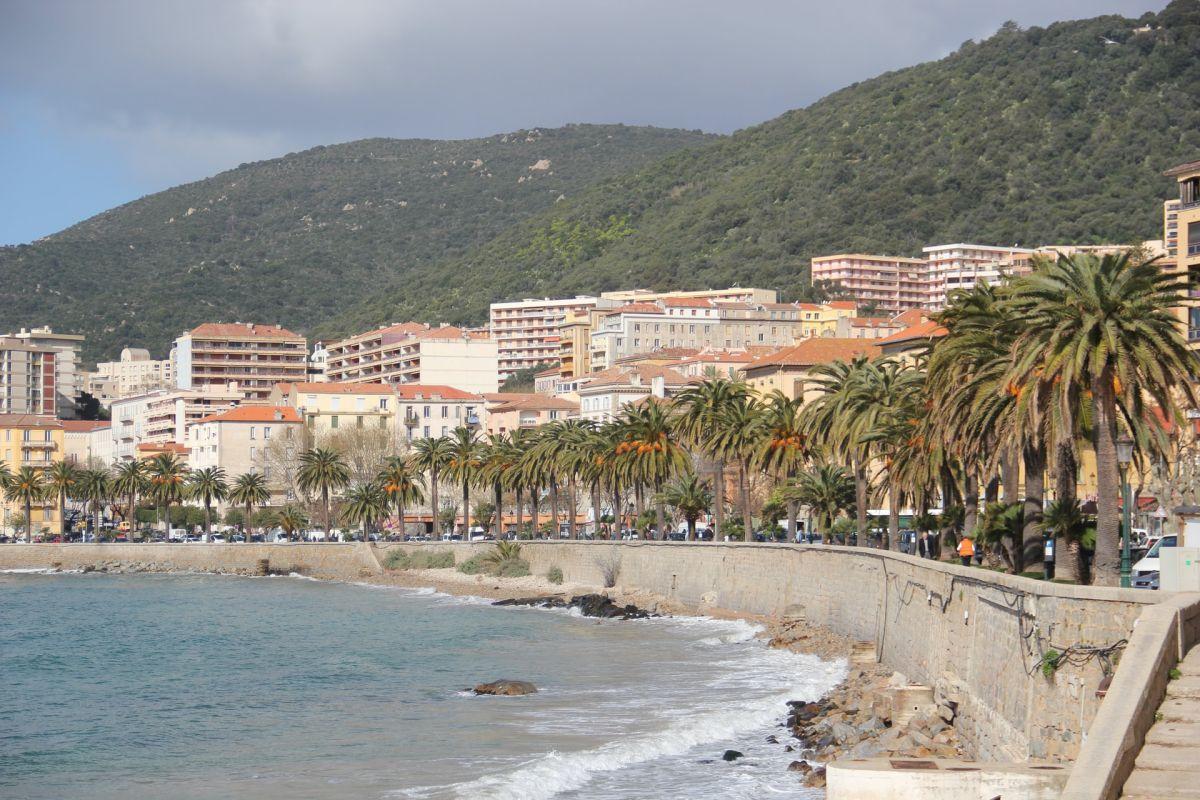
Ajaccio
5. Just like any region with a strong identity, Corsica has its own language
Historically halfway between France and Italy, Corsica has always been very unique. Though almost everyone speaks French there nowadays, they have developed their own language: Corsican.
If you ever hear it, you will immediately notice how close to Italian it is. Corsican is still taught in schools to this day.
6. Corsica is very mountainous on the whole
Around two-thirds of the island is made of an ancient massif, dividing it into 2 parts. 20 peaks exceed 2,000 meters / 6,500 feet, and the highest of them is Mount Cinto, peaking at 2,710 meters / 8,890 feet.
There are also beautiful coasts with turquoise water, and steep gulfs.
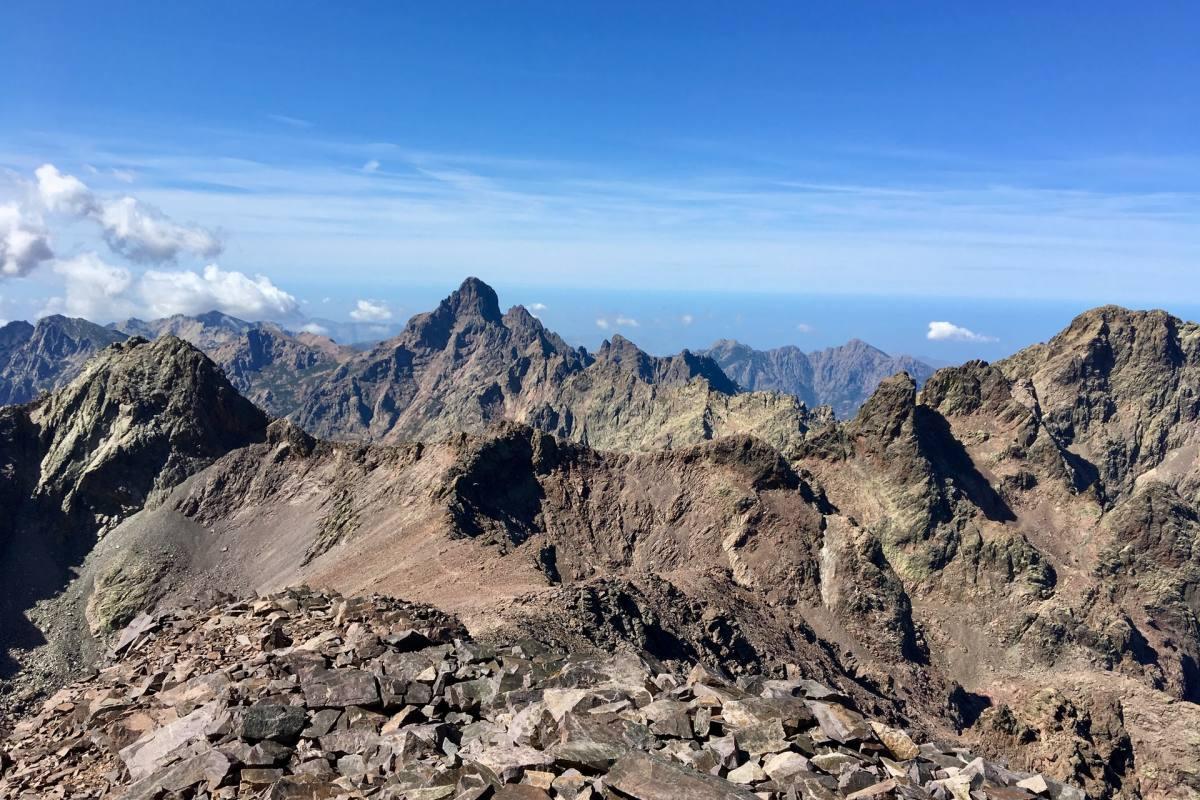
Mount Cinto
7. Corsica’s vegetation is very luxuriant and its “maquis” is well known
Maquis is a scrubby underbrush, made of aromatic shrubs. It is what covers most of Corsica, and it is quite scented. Because of that, Corsica was nicknamed the “Scented Isle”. The fragrance actually reaches the sea, and is quite strong.
In the highest zones, the Corsican pine is what’s dominating.
8. Bastia and Ajaccio are by far the largest towns of Corsica
Because the island is so mountainous and has so much vegetation, it is very sparsely populated.
The biggest cities, Ajaccio and Bastia, are on the coast. They are so populated compared to the rest of the region that they make up for half of the island’s population!
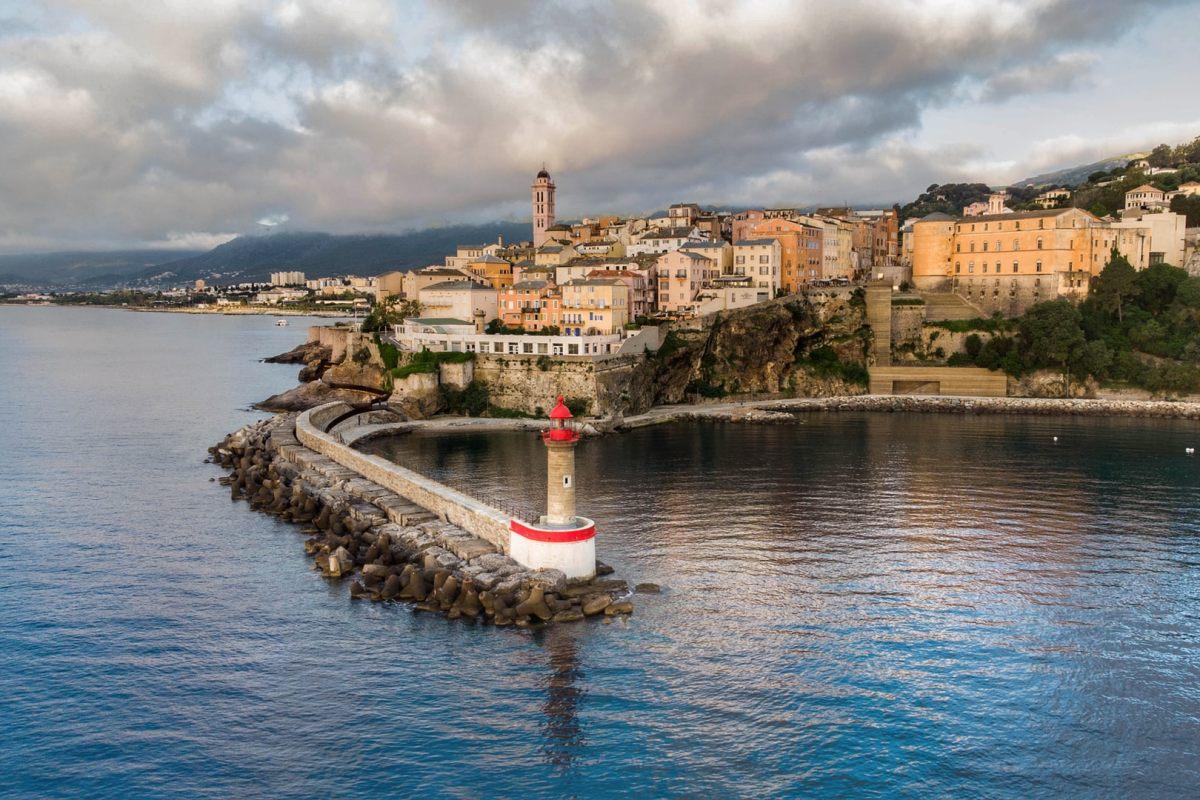
Bastia
9. Corsica was inhabited for at least 5,000 years!
On the island, you can witness lots of megalithic monuments, like dolmens and menhirs. This means that humans used to dwell in Corsica as far as the 3rd millennium BCE.
However, it became truly civilized during the 6th century BCE, when Greeks founded the town of Alalia, on the east coast.
10. The major economy of Corsica is tourism, but cheese is also very popular
When you see how Corsica looks, you immediately understand why tourism is so important. The landscapes are simply stunning and the weather is lovely. It is an ideal getaway during summer for lots of French and European tourists.
On top of that, Corsicans also raise sheeps for fine-quality cheeses, and grow citrus fruits, grapes and olives.
11. There are 2 nationalist parties in Corsica
Corsica is very well known for having extreme separatist ideals. There are two political parties representing these ideas: “Femu a Corsica”, the autonomist one, and “Corsica Libera”, the separatist one.
While the French government is opposed to full independence, it has still granted support to Corsica several times.
12. There is terrorism in Corsica, embodied by the National Liberation Front of Corsica
Corsica is relatively known for having extreme ideas, and the most frightening embodiment of that is the National Liberation Front of Corsica.
Their most notable and infamous acts are bombings towards public buildings and bank robbing. They announced they completely stopped their armed activity in 2016, but minor groups still exist.
13. Corsica is renowned for its polyphonic traditional songs
Whether it is during a wedding, a funeral or a festival, you will hear polyphonic traditional songs in Corsica.
They either depict the story of the island, or commemorate an important occasion. Traditionally, these songs are a cappella, and are sung by 4 to 6 people.
14. Though it is not that known, Corsica has its own food specialties
While not many people decide to spend their holiday in Corsica, its food is still notable.
The most famous specialties are Brocciu, a cheese made of milk and whey, Figatellu, a sausage made with pork liver, Fiadone, a cheesecake made with Brocciu and honey or Cacavelli, a pastry eaten during Easter.
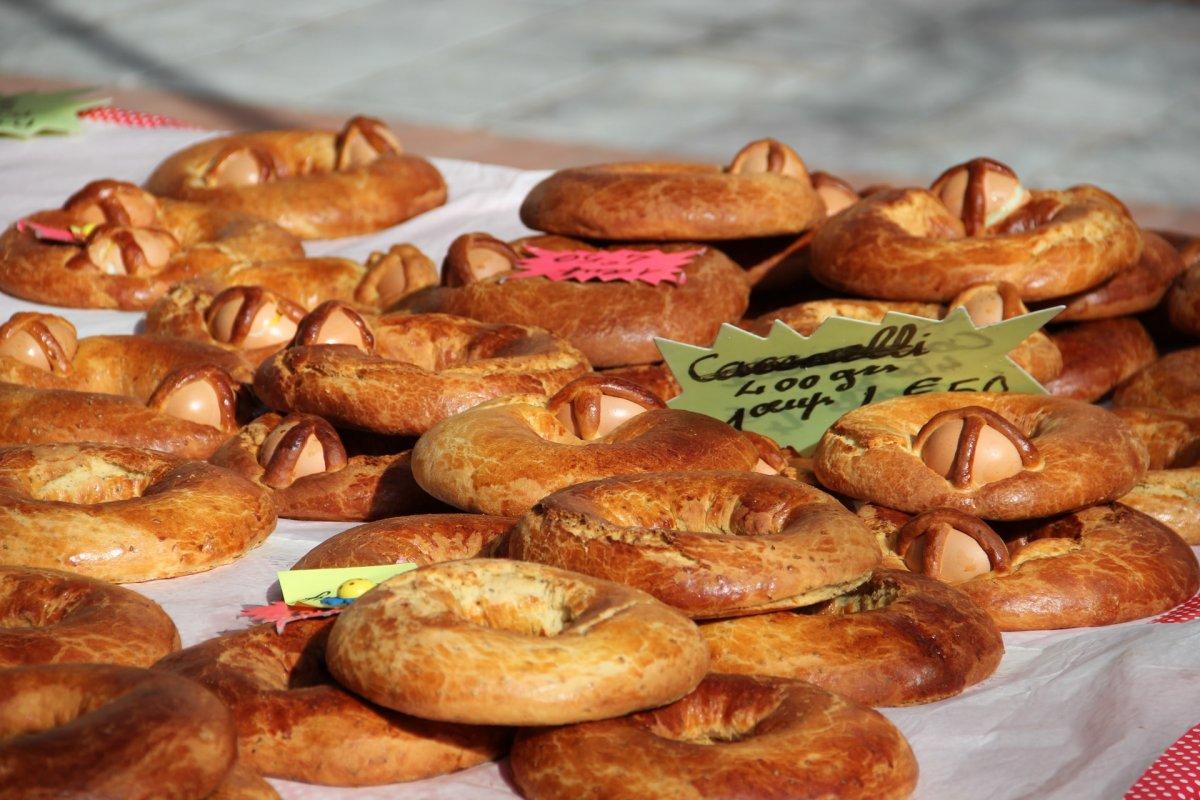
Cacavelli
15. There is a geological wonder in Corsica: the “Gorges de Spelunca”
If you go to the South of Corsica, between the villages of Ota and Évisa, you will love visiting the “Gorges de Spelunca”.
There, you can go hiking with your family and witness one of the best sights in the whole island. The Gorges span 2 kilometers / 1.2 miles between the villages and its walls are sometimes 1 kilometer / 0.6 mile deep.
16. There is a UNESCO World Heritage Site in Corsica
The island is truly beautiful, and that was recognized on a worldwide scale by UNESCO, granting the Gulf of Porto the rank of World Heritage Site.
You can visit the area either by driving, walking or sailing. There are pink cliffs and a nature reserve that are simply wonderful.
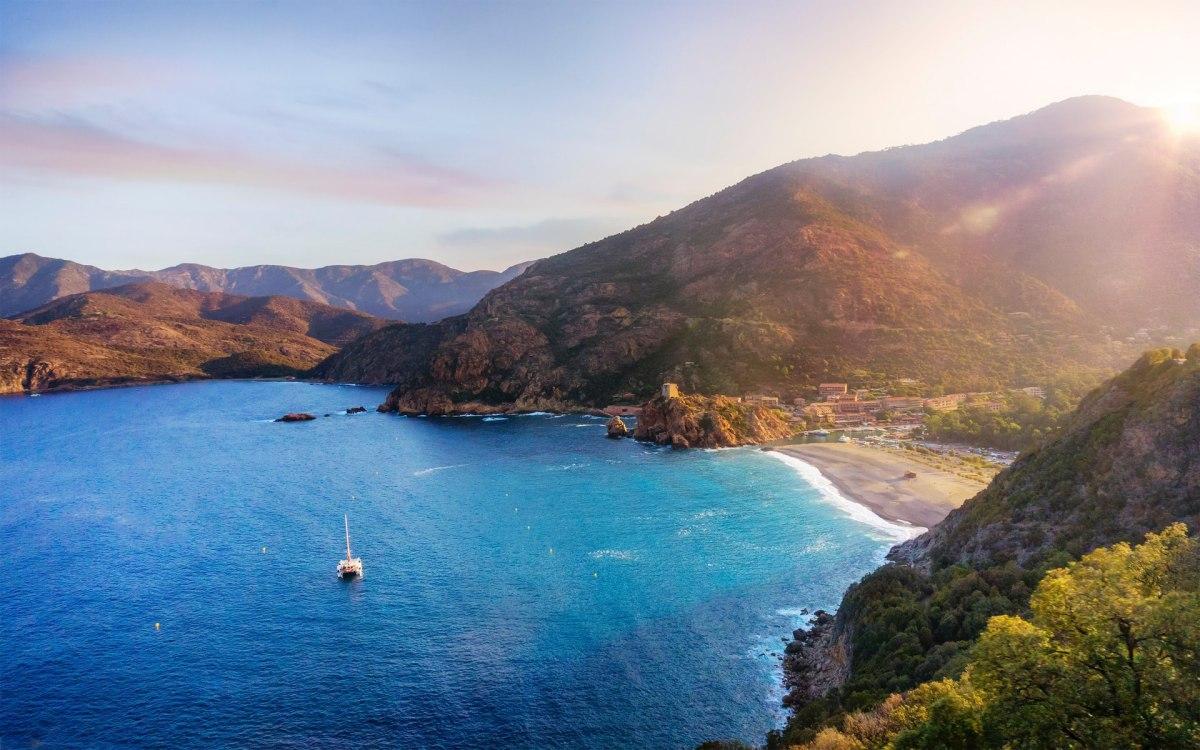
17. During the whole 19th century, Corsica was quite neglected by the French government
The beginning of the 19th century is very important in France, as it is the prime of Napoleon.
However, though he actively supported local politics in his youth, the island was neglected by the government when he came into power. In fact, near the end of the Napoleonic Wars, the island was even occupied by the British troops!
18. Corsica has around 1,000 kilometers / 621 miles of coastline
This may seem logical to you, since Corsica is an island, but there are a thousand kilometers of coastline. What’s most interesting about this is that about a third of it is beaches.
You can sunbathe on more than 200 beaches in Corsica, one of the best being the Calvi beach, to the North West of the island.
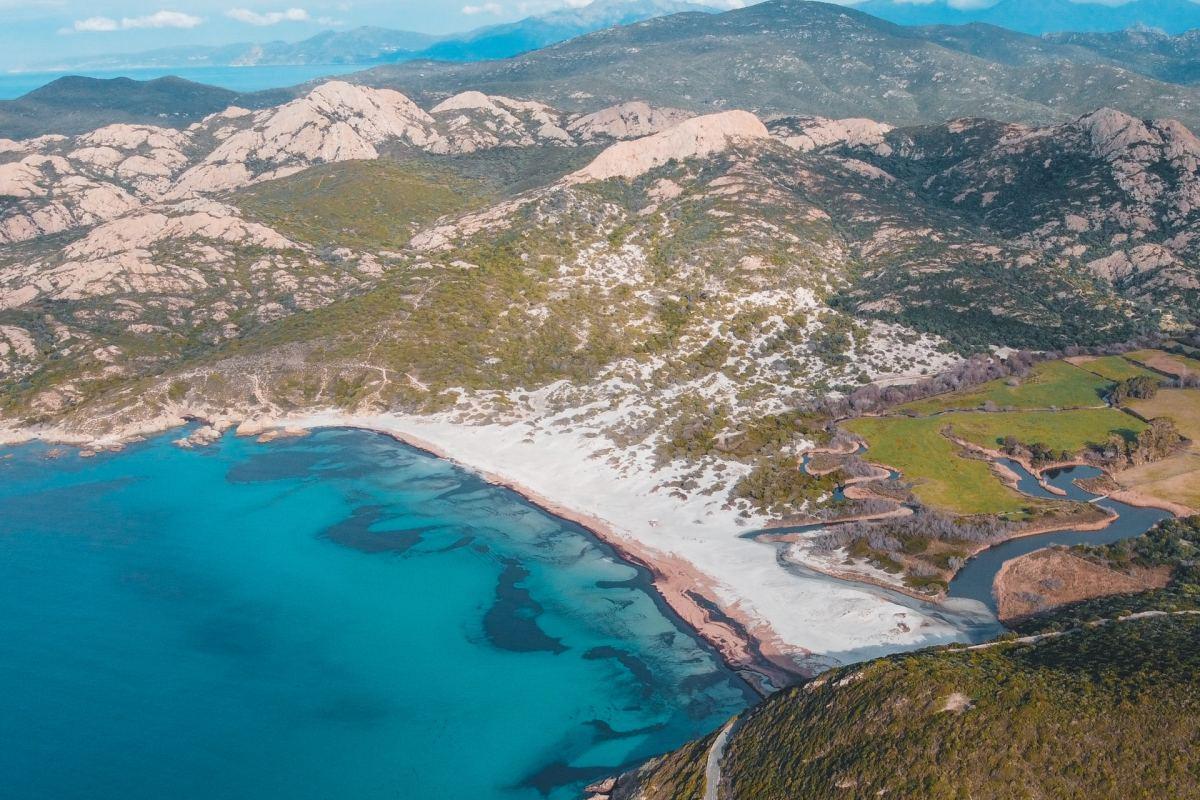
19. Corsica was very harshly hit by World War I
Though France won World War I, the whole country paid a very high price for that.
Corsica in particular was hardly hit: its agriculture was disrupted, the percentage of dead Corsicans was double that of those from the other French regions, and its exports dropped a lot.
20. Corsica is the fourth-largest island on the Mediterranean
The Mediterranean Sea is a sunny haven, full of citrus and olive trees.
The most beautiful islands are also the biggest ones: Sicily and Sardinia, the huge Italian islands, and Cyprus. Corsica comes in fourth in terms of land area, after these 3.
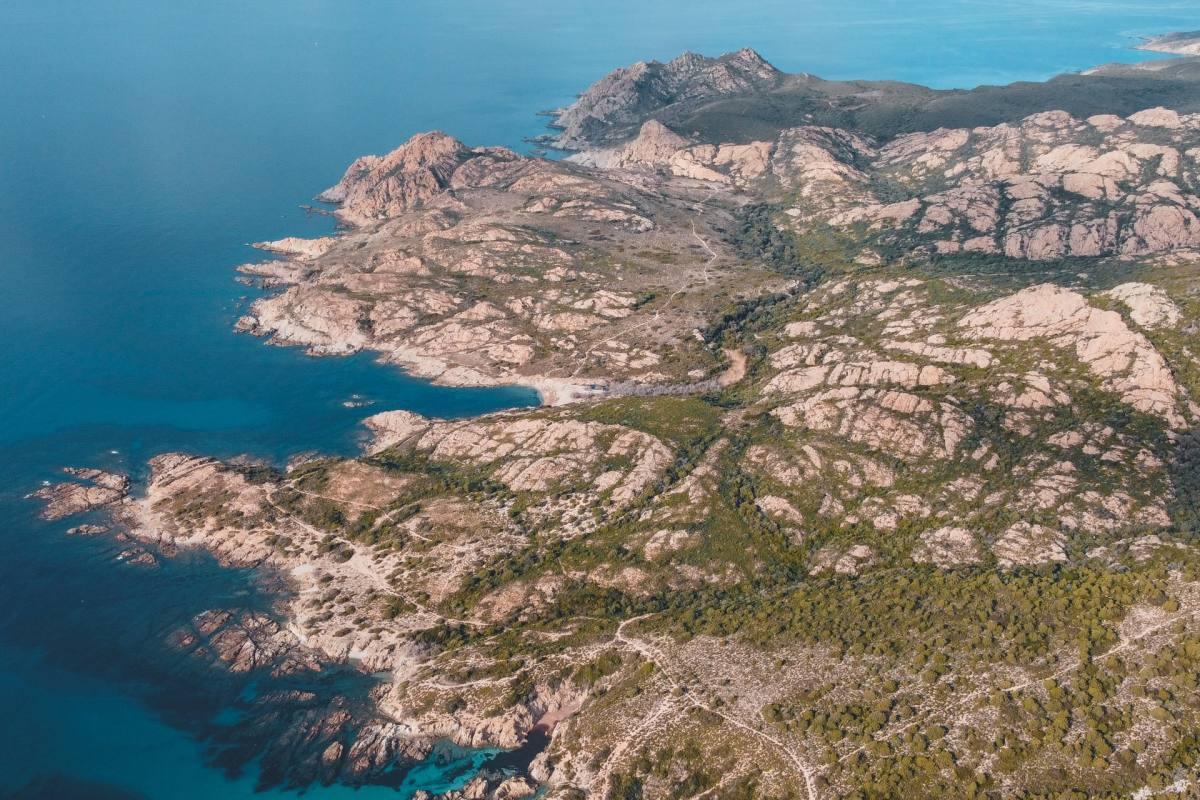
And that’s it for the general best facts about Corsica. Now, onto the fun part! 👇
Fun Facts About Corsica
Every city or region has unusual and funny facts that you should know about.
For Corsica, I have 10 of them for you.
21. There was a king once in Corsica
Theodor Neuhoff is definitely an intriguing character. When the Corsicans rebelled against Genoa in 1729, a provisional government was established.
In 1736, Neuhoff accepted to be crowned king when he brought weapons and support from Britain. However, his reign only lasted for eight months and he fled the island.
22. The premises of Coca-Cola was created by a Corsican
If it were not for Corsica, Coca-Cola could have been invented far later… if ever!
Angelo Mariani was a Corsican chemist. When he mixed wine and coca leaves in 1863, he invented a tonic drink known as “Vin Mariani”. He introduced it to the United States as “French wine Cola”, and received a medal of appreciation from the Pope.
23. On the contrary of most of southern France, Corsicans are not crazy about the sun
Corsica is very renowned for being very sunny… and very hot.
Because of that, you won’t find any Corsican sunbathing in the middle of the day. Instead, they like to go to the beach in the early morning, or at sunset. The rest of the day, they are mostly staying fresh at home, behind closed shutters.
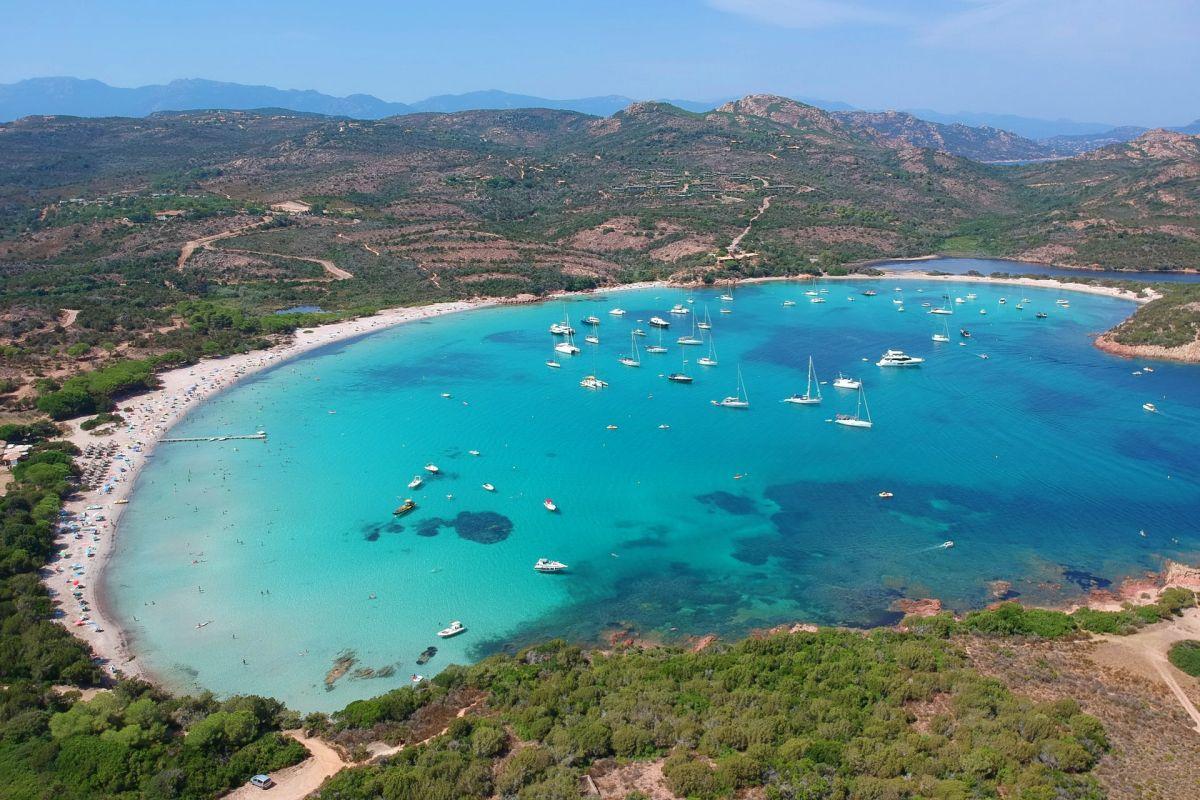
Rondinara beach in Bonifacio
24. Corsicans speak very loudly in general
This might just be a trend of most regions and countries around the Mediterranean Sea, but in Corsica, you might be wondering why people fight so much, because of how loud they are speaking.
It is just the way Corsicans speak, don’t worry about anything! You will get used to it quickly.
Read more: Learn more about French people
25. Technically speaking, Corsica is not a region
Up until 1975, Corsica was part of the southwestern French region of “Provence-Alpes-Côte d’Azur”. In this region, there are famous cities such as Marseille, Nice and Cannes. After that, 2 “départements” were created to split the island in half.
Finally, in 1982, Corsica became a territorial collectivity, which is a bit more powerful than a region.
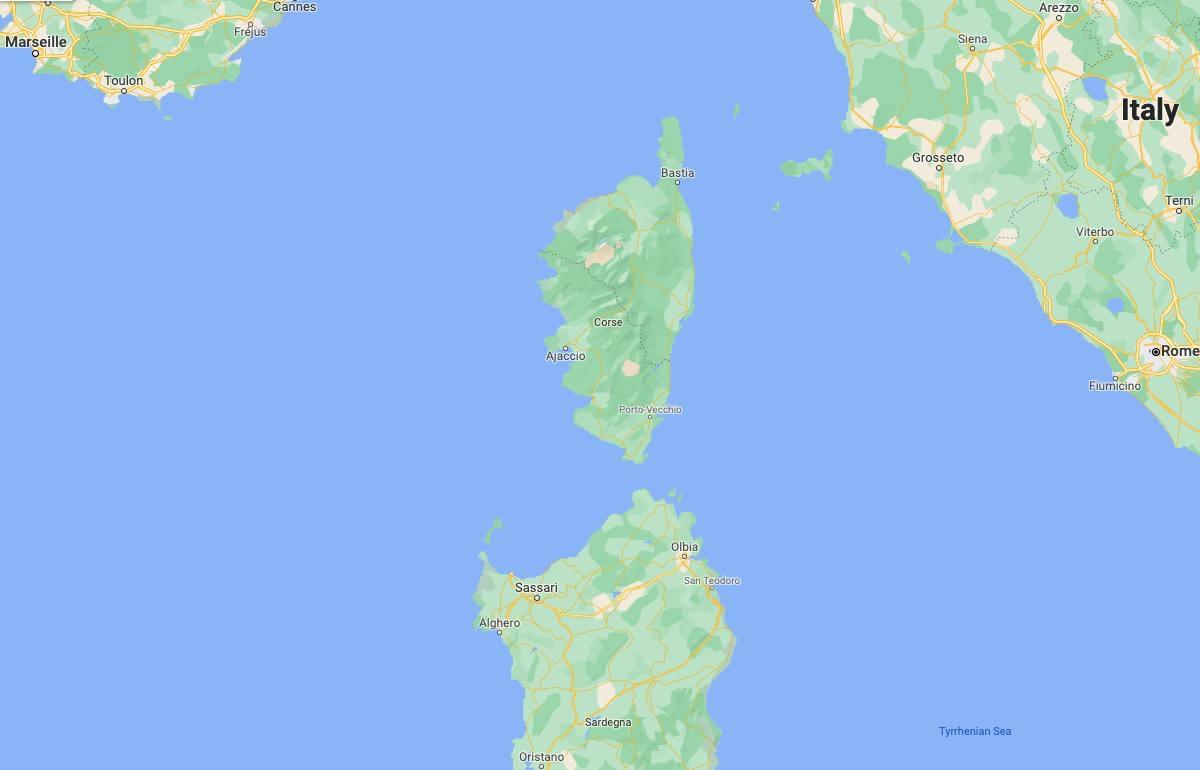
26. The reason behind the Moorish head on the Corsican flag could be… creepy
Perhaps the strongest sign of the Corsican identity is its flag. It is very well known, and there are 2 theories about its origins. One of them is terrifying.
Corsica was invaded lots of times, especially by the Moors. It is said that they would behead them and put their heads on spears to dissuade any future assault!
27. Corsica is often referred to as the “Île de Beauté”, which means Isle of Beauty
In the Mediterranean lies a wonderfully beautiful Isle of Beauty: Corsica.
The island definitely lives up to its name, with various landscapes, a strong and unique identity, fantastic weather and historical sights like colorful fortress towns. If you just want to sunbathe, the sea is also magnificent and the beaches are sublime!
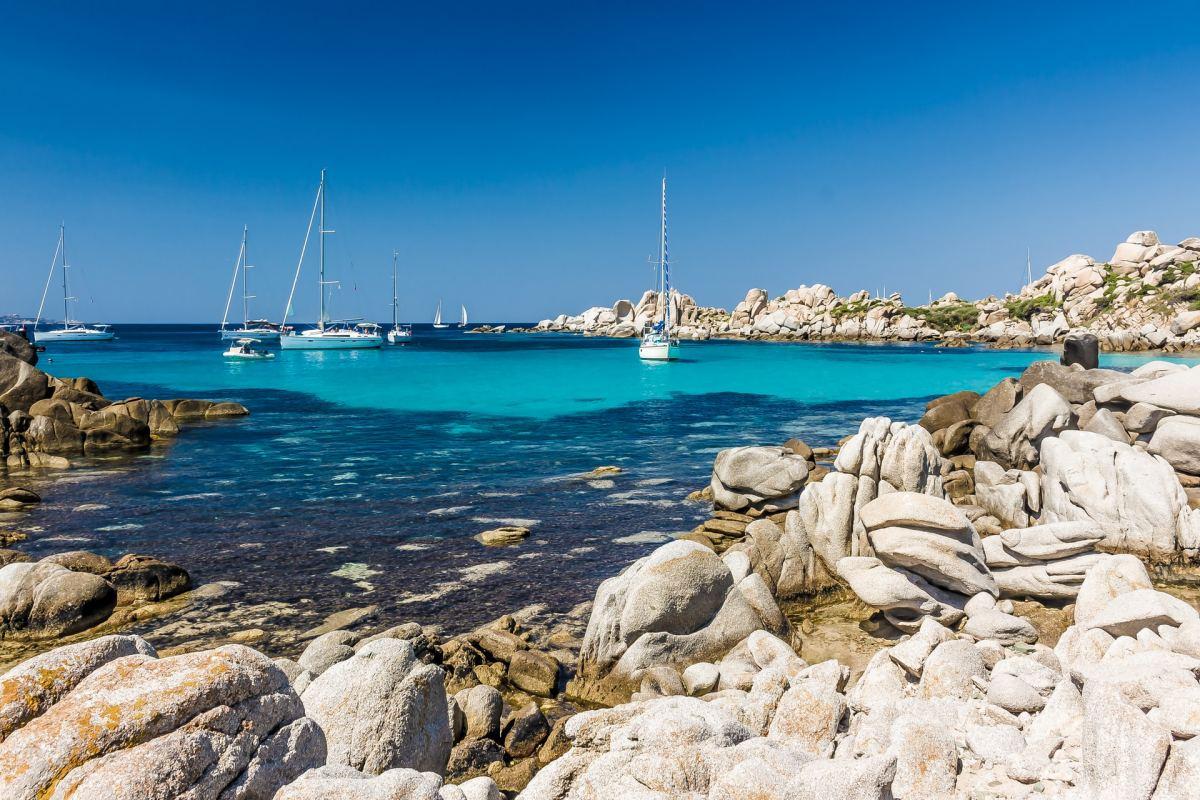
28. According to Voltaire, “the main weapon of Corsicans is their courage”
You might have heard of Voltaire, a French philosopher of the 18th century.
After the Ponte Novu battle, won by the armies of the King of France Louis XV, he said that such brave actions and defense could only be seen among free peoples.
29. A winegrower was taken hostage in 1975… and the situation quickly degenerated
On August 21st, 1975, a winegrower was taken hostage… because he was supposedly adding sugar to his wine, for more alcohol! This was the beginning of the nationalist battle on the island. On that day, 50 armed farmers start a separatist tendency by capturing the poor winegrower.
After the ensuing battle with the security forces, 2 of them were killed and a separatist was injured.
30. The first official Constitution written in modern history actually comes from Corsica
Among all Corsica history facts, this one might be the less known. Indeed, while American people proud themselves with their almighty Constitution, the first one was actually written in Corsica.
However, since the small island is not as praised and as famous as the giant United States, this fact is barely known.
And there you have them, these were all my 30 interesting facts about Corsica France. I hope you enjoyed them and that you learned something new today.
In case you want to learn more about the region, or the country as a whole, feel free to keep reading, as I still have lots of things to tell you about. 👇
General Facts of Corsica
You’ll find below a few general facts of Corsica, to learn more about this French region:
- Name: Corsica (English) / Corse (French) / Corsica (Corsican)
- Land area: 8,722 km² / 3,368 sq mi
- Population: 330,000
- Name of inhabitants: Corsicans
- Website: Corsica
Corsica Flag
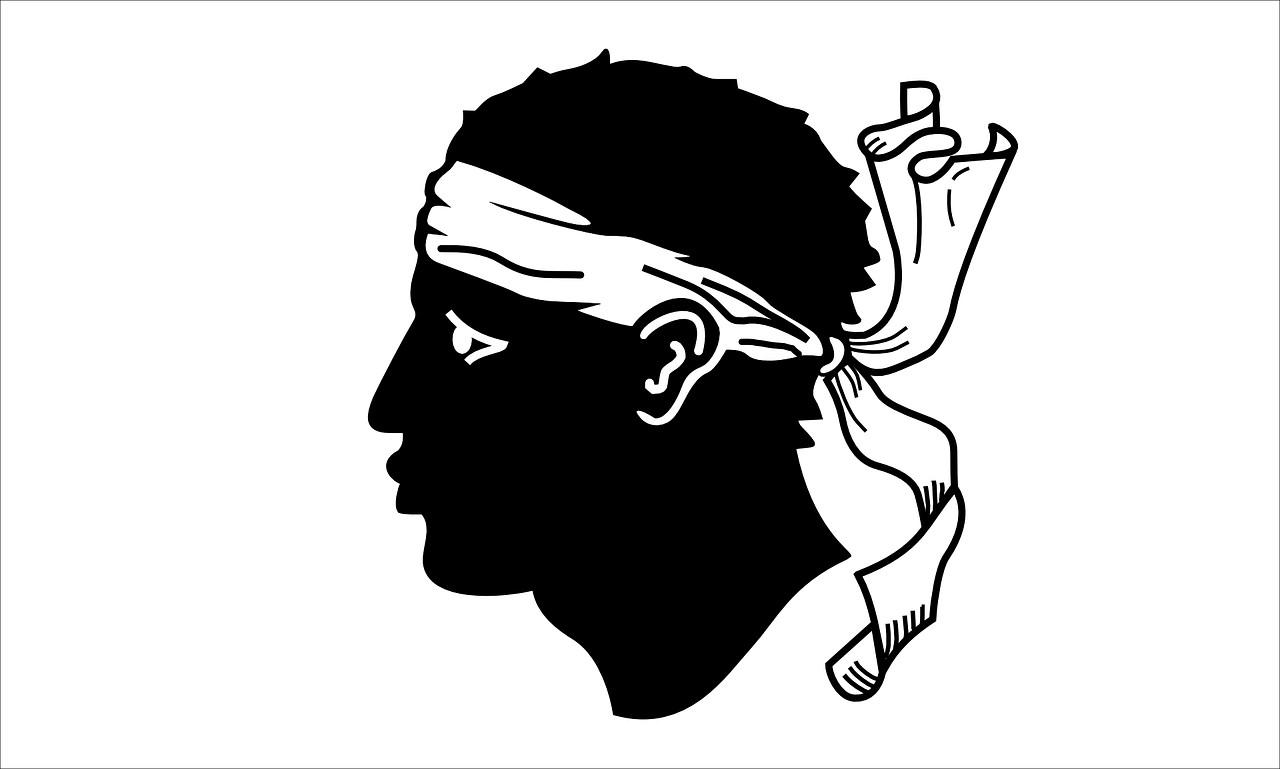
More Facts!
Want to learn more facts about France?
Well, I have other France facts posts I’m sure you’ll love reading!
Here is the main guide of the best France facts 👉 The 60 Best Facts about France
Check out these France facts by city:
- Facts about Paris
- Facts about Lyon
- Facts about Marseille
- Facts about Strasbourg
- Facts about Nice
- Facts about Bordeaux
- Facts about Toulouse
- Facts about Cannes
Or these French facts by region:
- Facts about Brittany
- Facts about Normandy
- Facts about Guadeloupe
- Facts about French Guiana
- Facts about Martinique
You can also check these French facts by topic:
- Facts about French food
- Facts about French people
- Facts about the Tour de France
- Facts about Christmas in France
- Facts about the French language
- Facts about French schools
- Facts about French cheese
- Facts about fashion in France
- Facts about Easter in France
- Facts about the French Alps
- Facts about Disneyland Paris
Or click here to see ALL the facts up on the blog! Spoiler alert: there’s A LOT of them.
The Full List of 30 Corsica Facts
- Yes, Corsica is French (and not Italian), but that was not always the case
- Napoleon was born in Corsica
- There was a disaster in a football stadium in Furiani, Corsica, in 1992
- François Coty, founder of the perfume empire, was born in Corsica
- Just like any region with a strong identity, Corsica has its own language
- Corsica is very mountainous on the whole
- Corsica’s vegetation is very luxuriant and its “maquis” is well known
- Bastia and Ajaccio are by far the largest towns of Corsica
- The major economy of Corsica is tourism, but cheese is also very popular
- Corsica was inhabited for at least 5,000 years!
- There are two nationalist parties in Corsica
- There is terrorism in Corsica, embodied by the National Liberation Front of Corsica
- Corsica is renowned for its polyphonic traditional songs
- Though it is not that known, Corsica has its own food specialties
- There is a geological wonder in Corsica: the “Gorges de Spelunca”
- There is a UNESCO World Heritage Site in Corsica
- Corsica has around 1,000 kilometers / 621 miles of coastline
- During the whole 19th century, Corsica was quite neglected by the French government
- Corsica was very harshly hit by World War I
- Corsica is the fourth-largest island on the Mediterranean
- There was a king once in Corsica
- The premises of Coca-Cola was created by a Corsican
- On the contrary of most of southern France, Corsicans are not crazy about the sun
- Corsicans speak very loudly in general
- Technically speaking, Corsica is not a region
- Corsica is often referred to as the “Île de Beauté”, which means Isle of Beauty
- The reason behind the Moorish head on the Corsican flag could be… creepy
- According to Voltaire, “the main weapon of Corsicans is their courage”
- A winegrower was taken hostage in 1975… and the situation quickly degenerated
- The first official Constitution written in modern history actually comes from Corsica
Share the knowledge! Click on the buttons below to share these facts with your friends, and help them learn more about the world 🙂
Pin this to Pinterest!
Enjoyed this guide? Then help a fellow traveler and pin it! They'll most definitely love you for it, 100% guarantee.
